NIH
-

Breast SPORE lands NCI renewal
Vanderbilt-Ingram Cancer Center’s Breast Specialized Program of Research Excellence (SPORE) has been awarded a third round of funding from the National Cancer Institute (NCI). Read MoreNov 7, 2013
-

VU study sheds new light on DNA replication
David Cortez, Ph.D., and his Vanderbilt colleagues report new findings that shed light on fundamental processes involved in DNA replication and have implications for cancer therapies that target these processes. Read MoreNov 7, 2013
-

Even in the dark, brain “sees” its own body’s movement
With the help of computerized eye trackers, new research finds that at least 50 percent of people can see the movement of their own hand even in the absence of all light. Read MoreOct 30, 2013
-

Preserving antibiotic arsenal for TB
Clinicians should be cautious about prescribing newer fluoroquinolone antibiotics to patients with TB risk factors; doing so may jeopardize the use of these agents against TB. Read MoreOct 30, 2013
-

Tool predicts risk for developmental delays in early childhood
A non-invasive measure of electrical brain activity in preterm infants predicts cognitive and communication functioning during early childhood, according to a new Vanderbilt University study. Read MoreOct 28, 2013
-

Targets of SIN drive cell division
Vanderbilt researchers have identified a key regulator of cell division. Read MoreOct 25, 2013
-

Shining a light on night blindness
Vanderbilt researchers are studying how mutations in the receptor for light, rhodopsin, cause light blindness. Read MoreOct 24, 2013
-

Pharmacogenomic testing costs studied
A research team led by Josh Peterson, M.D., MPH, assistant professor of Biomedical Informatics and Medicine, and John Graves, Ph.D., assistant professor of Preventive Medicine, will study the cost-effectiveness of testing patients’ risk of adverse gene-drug interactions. Read MoreOct 17, 2013
-

VUCast: Startling brain-related study on critically ill patients
In the latest VUCast: ICU patients are leaving hospitals with a dementia-like disease; What’s the fate of the Republican Party?; Hear from Pulitzer Prize-winning author and Distinguished Visiting Professor Jon Meacham; and It's time to celebrate -- the Rate My Professor 2013 rankings are in. All this and more in Vanderbilt’s online newscast. Watch now. Read MoreOct 16, 2013
-

Relaxin combats insulin resistance
The hormone relaxin may offer a novel approach for treating diet-induced insulin resistance. Read MoreOct 16, 2013
-

Magnesium impacts vitamin D status
Magnesium and vitamin D appear to work together to reduce risk of death from cardiovascular disease and colorectal cancer. Read MoreOct 14, 2013
-
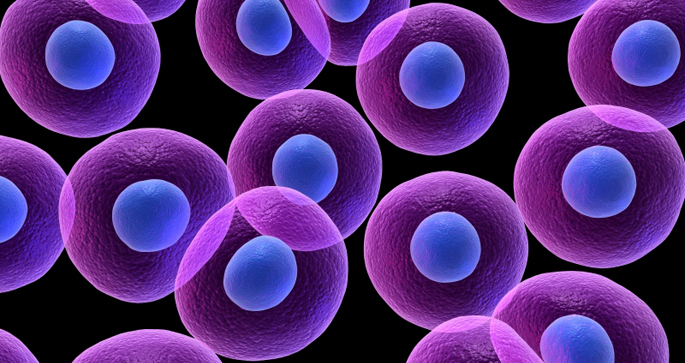
New target for stopping inflammation
Importin alpha 5, a member of a family of proteins that “shuttle” other proteins into the nucleus, is a potential new target for drugs to treat inflammatory diseases. Read MoreOct 11, 2013
-
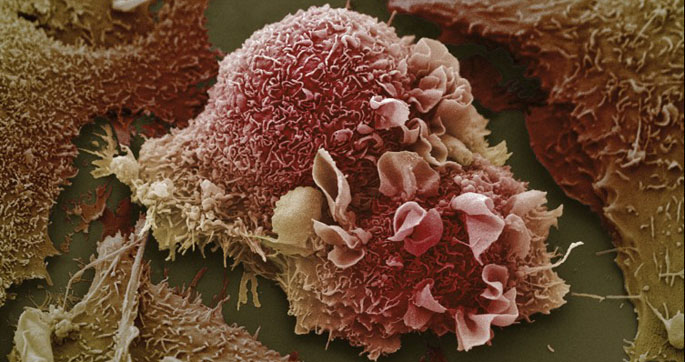
Probing mutant EGF receptor regulation
Understanding the regulation of mutant EGF receptors commonly found in lung cancers could lead to new targeted therapies. Read MoreOct 10, 2013
-
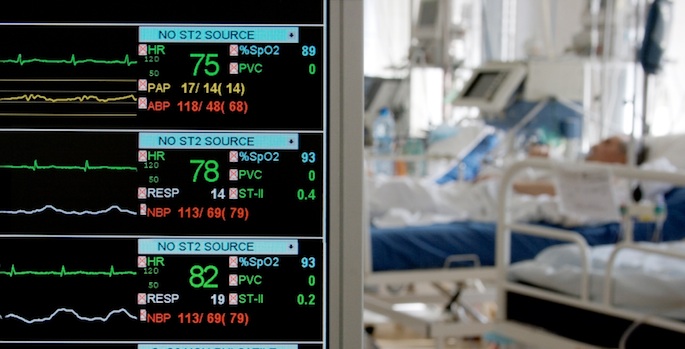
Study finds cognitive deficits common after critical illness
Patients treated in intensive care units across the globe enter their medical care with no evidence of cognitive impairment but often leave with deficits similar to those seen in patients with traumatic brain injury (TBI) or mild Alzheimer’s disease (AD) that persist for at least a year, according to a Vanderbilt University Medical Center study published today in the New England Journal of Medicine. Read MoreOct 3, 2013
-

Finding the place where the brain creates illusory shapes and surfaces
Neuroscientists have identified the location in the brain's visual cortex responsible for generating a common perceptual illusion: seeing shapes and surfaces that don't really exist when viewing a fragmented background. Read MoreSep 30, 2013
-
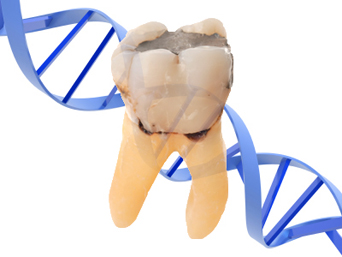
Gene interactions and cavities
Vanderbilt researchers used existing genome-wide association study datasets to identify gene interactions that contribute to tooth decay. Read MoreSep 30, 2013
-

Metabolic profiling of vision loss
A panel of metabolites – small molecules that are part of metabolic processes – that are unique to macular degeneration will shed light on the disease and aid diagnosis. Read MoreSep 27, 2013
-
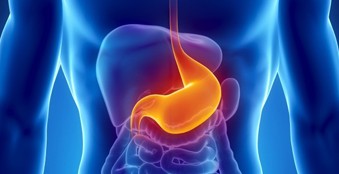
Cell changes en route to stomach cancer
Molecular characterization of pre-cancerous changes in cells lining the stomach could point to lesions with a greater risk of progression to cancer. Read MoreSep 26, 2013
-

Vaccine Research Program lands major NIH renewal
The Vanderbilt Vaccine Research Program has received a major contract from the National Institutes of Health to continue its work as one of the nation’s Vaccine and Treatment Evaluation Units. Read MoreSep 26, 2013
-

VU testing vaccine against new flu threat
Vanderbilt’s Vaccine and Treatment Evaluation Unit (VTEU) is one of nine U.S. sites funded by the National Institute of Allergy and Infectious Disease (NIAID), part of the National Institutes of Health (NIH), to test the effectiveness of a vaccine to protect against the H7N9 bird flu that emerged in China this spring. Read MoreSep 19, 2013